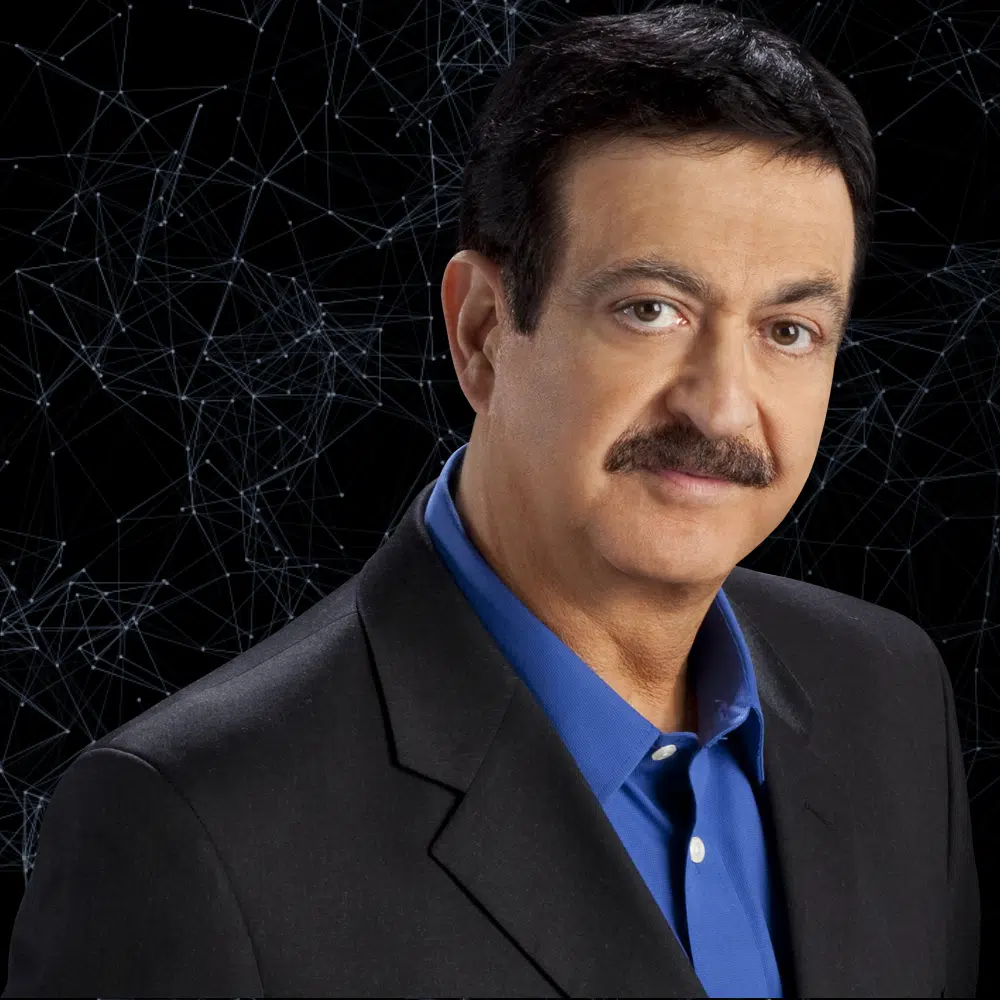By Sarah Marsh
BERLIN (Reuters) – Germany’s defence minister presented a proposal for a new voluntary military service to boost its depleted armed forces in the face of tensions with Russia and following opposition from within the government to a return to conscription.
The proposal is part of Germany’s shift towards a more robust foreign and defence policy, announced by Chancellor Olaf Scholz as a “Zeitenwende” or “turn of era” in the days after Russia’s invasion of Ukraine in February 2022.
Defence Minister Boris Pistorus said on Wednesday all men would be obliged to fill out a questionnaire to gauge their suitability for, and interest in, military service upon turning 18, while this would be optional for women.
It would then select a group for mustering before choosing the most suitable and motivated to undertake the six-month basic service – with an option to lengthen this by up to 17 months.
This new model aims to increase the number of young people undertaking voluntary military service per year by 5,000 to 15,000, the ministry said, boosting reserves so as to be able to quickly expand troop numbers in the event of war.
“The aim is to grow this number year by year to increase capacity,” Pistorius told reporters, adding the aim was to eventually achieve 200,000 more reservists.
The model is similar to the Swedish one, introduced in 2018, which aimed to enhance the status of military service through a degree of exclusivity.
It remains to be seen whether Germany will, like Sweden, oblige the unwilling to serve too. Pistorius said it would reserve that right to do so, but for the time being had no signs it could not get sufficient volunteers.
Pistorius has vowed to turn Germany into a “war-ready” nation, warning that war between the NATO western defence alliance and Russia could happen in five to eight years.
“We need to realistically be in a position to deter an attack,” the minister told a news conference in Berlin.
Pistorius, who currently tops rankings of Germany’s most popular politicians, has called the suspension of Germany’s obligatory military service in 2011 “a mistake”.
But leading politicians from all three parties in Chancellor Olaf Scholz’s have expressed opposition to obligatory military service, with Scholz himself ruling out a return to mass conscription.
The defence ministry said on Wednesday it was focusing on voluntary service, but this could have some “obligatory elements if necessary”.
(Reporting by Sarah Marsh; Editing by Christina Fincher)




Comments